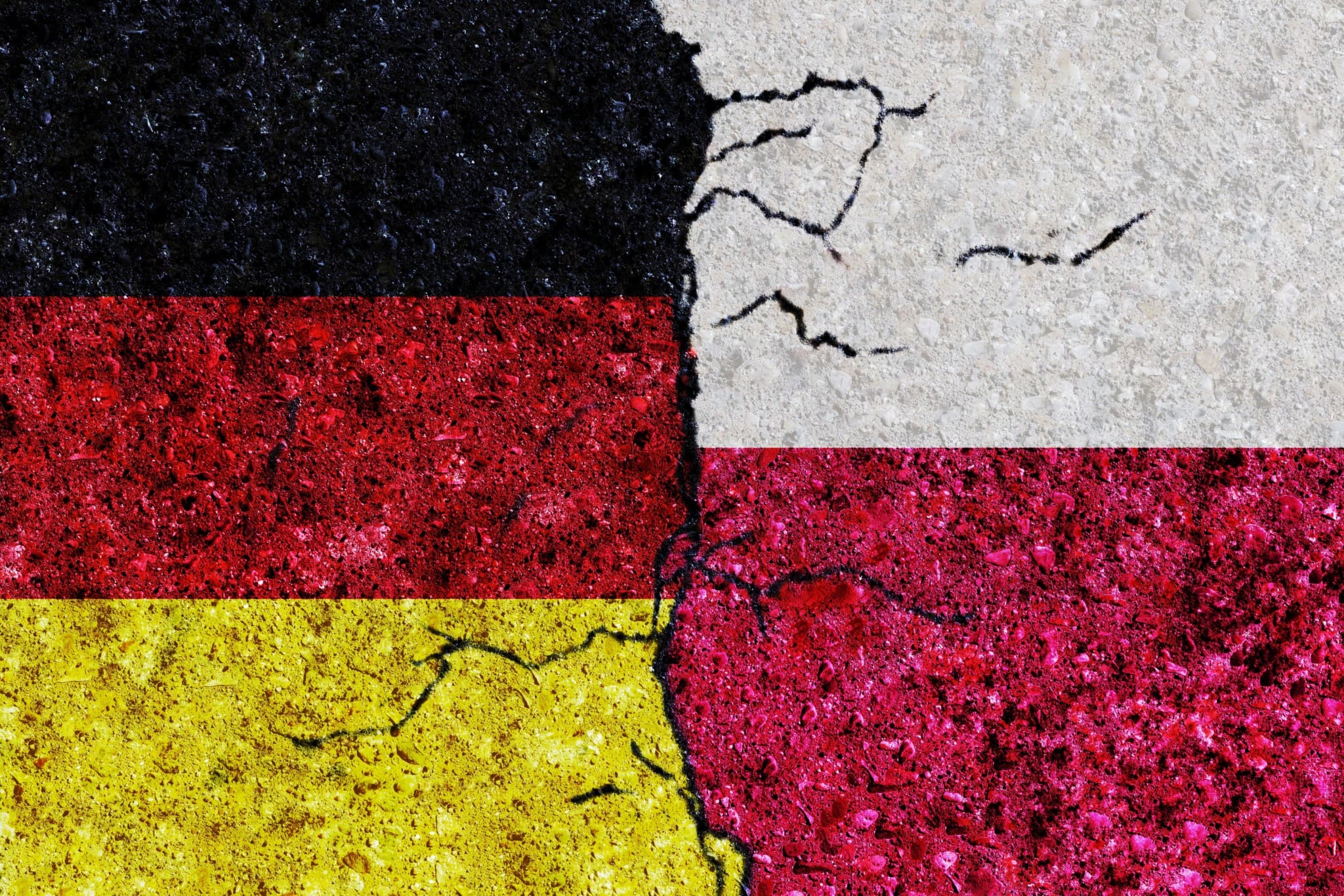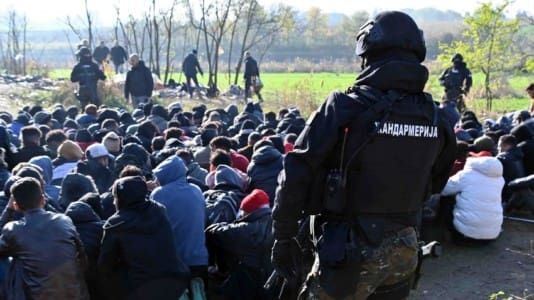Poland is ratcheting up the pressure on Germany over reparations for the Second World War, with Poland’s Deputy Foreign Minister Arkadiusz Mularczyk giving Germany a new ultimatum to pay up or face Poland bringing the matter to a range of international forums, a move that may harm Germany’s international reputation.
“Now, Germany has a choice: Either it sits down with Poland at the negotiating table, or we will raise the issue in all international forums — in the UN, in the Council of Europe and in the European Union,” he said, according to German news agency dpa.
Mularczyk also serves as Poland’s official reparations commissioner.
In September, the Polish government released a report detailing that €1.3 trillion in reparations the country claims it is owed due to damage caused by German occupation during the Second World War. Poland also released an official diplomatic note addressed to the EU, NATO, and the Council of Europe in order to spread awareness of the reparations demand.
[pp id=50865]
The Polish government also announced that it was planning an international conference with other countries it says are affected by Germany’s actions during the Second World War, including Greece, which is also claiming compensation.
“The federal government cannot sit out this matter until the next election,” said Mularczyk. “There must be a dialogue on this topic, otherwise it would be very bad for our neighborhood.”
He also claimed there was a “fundamental” element of their demand that had nothing to do with politics, but was simply “about the dignity of Poland.”
Poland’s Law and Justice (PiS) party has made the issue of reparations one of its top foreign policy issues in relation to Germany. The head of the conservative party, Jarosław Kaczyński, has said that the Germans were treated “extremely kindly” at the end of the war.
[pp id=47537]
“If Germany had been treated as it was in many plans formulated not in the Soviet Union but in the West, today they would be a very, very poor and much less numerous country than they are,” he claimed, adding that the defeated German nation was “treated extremely kindly” given the circumstances.
“Let them thank God that is only so. They owe us, they have to pay,” he insisted.
Critics of the Polish demand for reparations contend that Poland received a large part of Germany’s eastern territory at the end of the Second World War and millions of ethnic Germans were expelled from the land. Many of these Germans were also murdered by advancing Soviet forces as well as Polish paramilitary groups; both groups sought revenge for atrocities committed by Germany during the course of the war, including an estimated 6 million dead on Polish territory.
The German government estimates that 2 million Germans civilians were unnecessarily killed In the closing days of the Second World War across Europe, many of whom were women, children, and the elderly. In addition, an estimated 12 million to 14 million ethnic Germans lost their homes.
The German government has already responded to Poland’s request for reparations, arguing that the matter is closed. The government of Poland, however, does not see the matter of reparations as closed.
The federal government sees the question of reparations as finally resolved, with Germany referring to the Two Plus Four Agreement of 1990. Mulartczyk argued that Germany has led a policy of “concealment, (referring to the) statute of limitations, and forgetting,” that has been pursued since the 1950s. The Polish politician said that “nothing should be swept under the carpet between Germany and Poland.”






